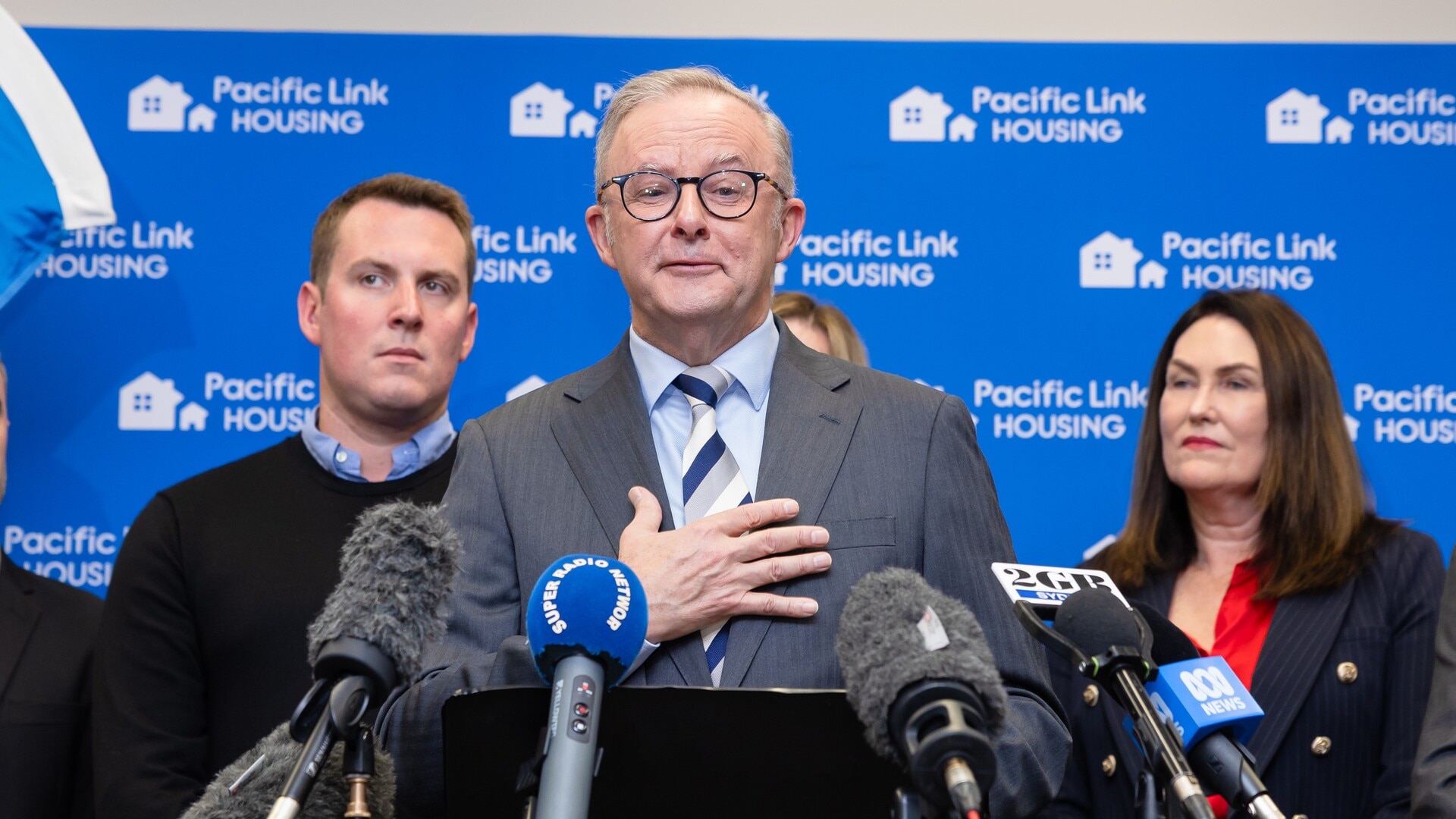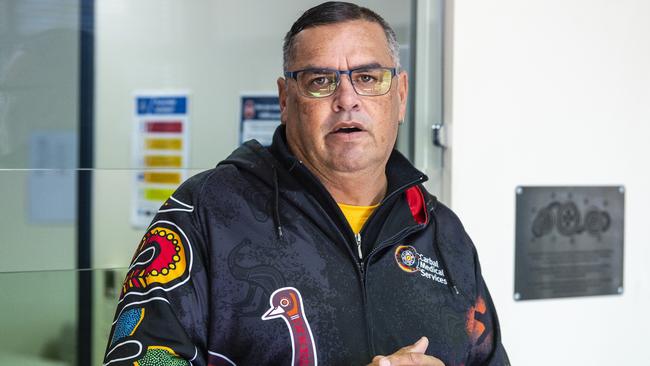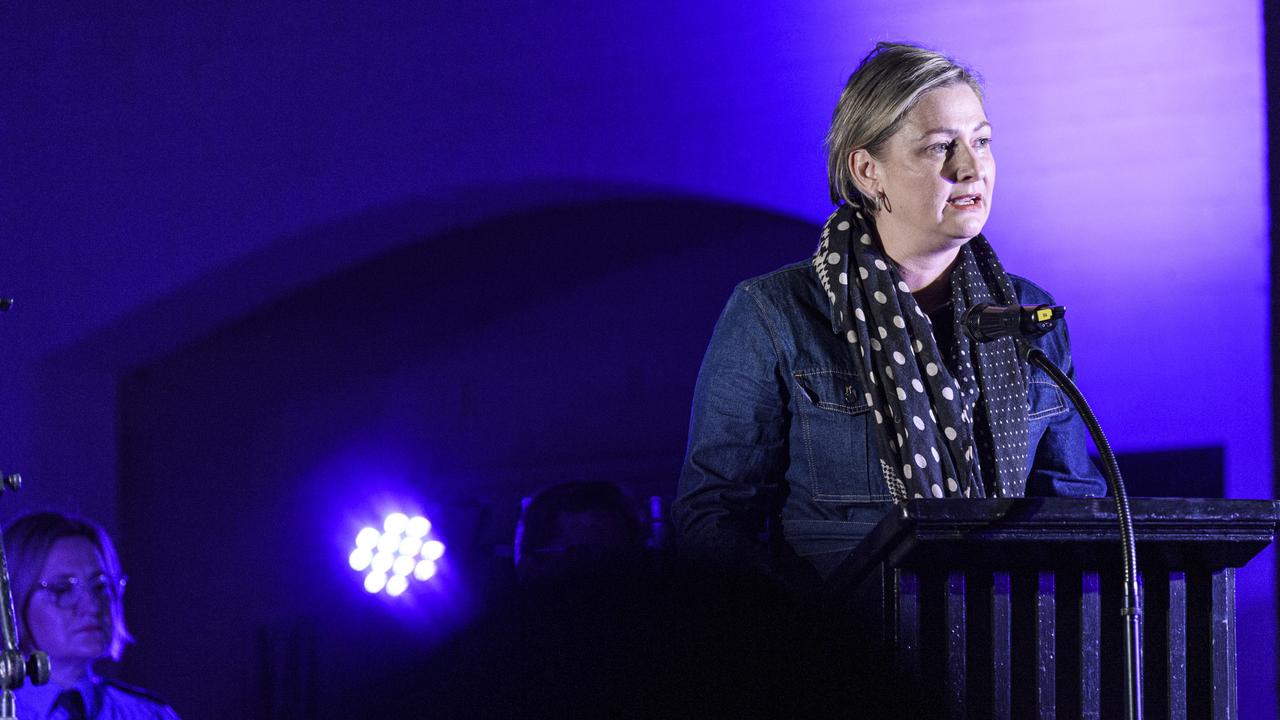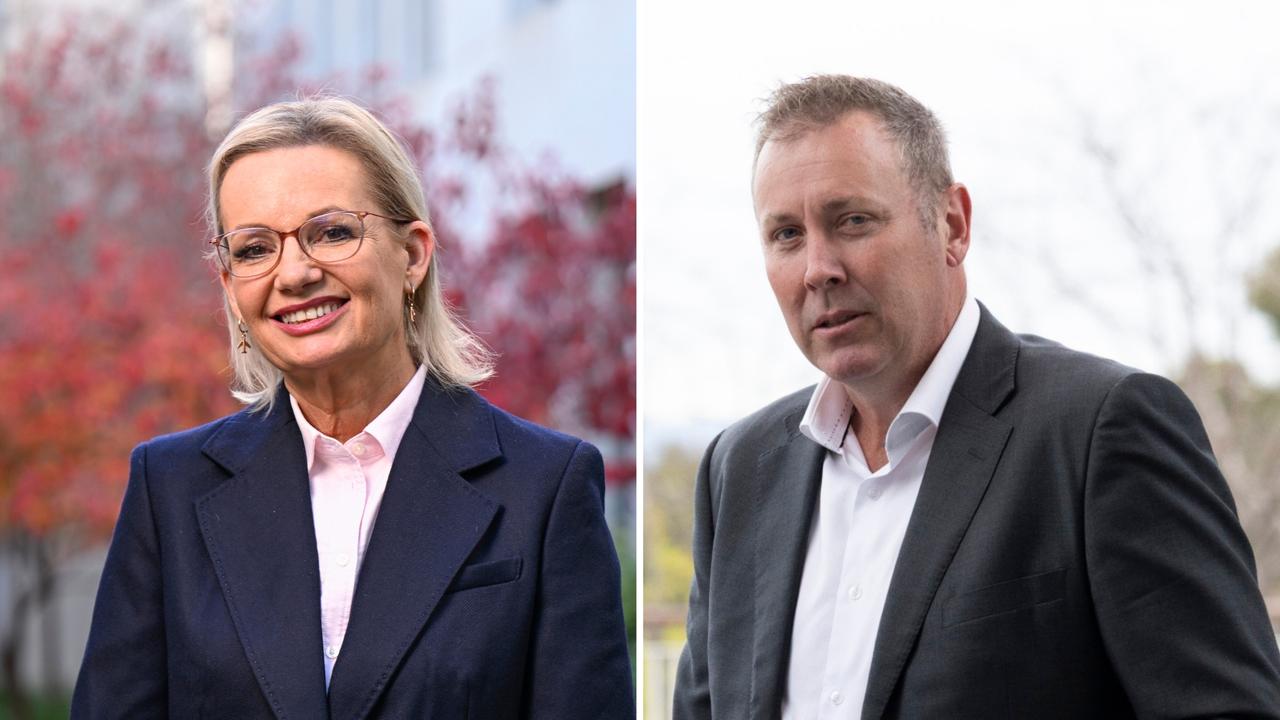How men’s behaviour intervention groups in Toowoomba are combating DV before it happens
Helping keep domestic violence victims safe starts with abusers holding a mirror up to themselves, experts say. Here’s how Toowoomba groups are trying to change the behaviour of perpetrators.

Toowoomba
Don't miss out on the headlines from Toowoomba. Followed categories will be added to My News.
While by no means a quick fix, experts have claimed the work of men’s behaviour programs is crucial to ending domestic violence in our region.
With men making up the majority of domestic violence offenders in Australia, men’s behaviour intervention programs are designed to target unhealthy opinions and conduct around women and relationships.
Carbal Medical Services general manager of health outreach Charlie Rowe solely runs Strong Fathers, Strong Families, a series of seven-week intensive programs designed to support Indigenous men to change dangerous behaviours.
“It’s all about getting our men to acknowledge emotions, you know, anger is an emotion, we all have it, it is how we control our anger,” Mr Rowe said.
“When you get eight to 12 blokes sitting around a table talking about their choices, their behaviours, their stresses and their angers and all the emotions that they’re feeling, it’s quite powerful.”

He added the program demanded honesty and accountability from the first minute, even from those referred to the program by government agencies or court orders.
“They need to come here saying ‘I’ve come in here because I do want to make change’ and usually, after the first session, you can see a difference in them because they are learning and they want to come back,” he said.
Mr Rowe’s outreach work is completely grassroots-funded and he stressed the importance of culture in repairing Indigenous families.
“That intergenerational trauma is still here, and we are still dealing with the impacts,” he said.
“Identifying family connections and trying to give them their culture goes a long way, especially for Indigenous people, to healing.”
Participants would never be met with judgement, Mr Rowe explained.
“All I know is that these fellas are coming through my program and they’re sitting in front of me wanting to make change and that’s all I care about,” Mr Rowe said.
“I don’t think there’s one person that only comes through once; they’ve come back twice, three times, and that’s fine, because they bring their experience and their knowledge back with them.
“It’s not a failure of the system – I think it is marvellous when they come back because they learn more and more and more and it’s only going to make them a better man, better father, better person for their community.”
Toowoomba’s Domestic Violence Action Centre is the chosen state-funded provider of the Men’s Behaviour Intervention Program for the Darling Downs, Granite Belt and Toowoomba region.
Their 27-week program holds the region’s men to account using the world renowned Duluth Model, a framework for co-ordinated action against domestic violence.
“For us it’s all about increasing safety; sometimes people think it’s about working for the men, but it’s ultimately about increasing the safety for women and children, for everyone,” DVAC executive manager Deb Murdoch said.
Despite seeing incredible change in many participants, Ms Murdoch was cautious of hailing the process as miracle work.
“It’s a slow process, I’d love to say that it’s something that they go through once and they’ve got all the answers,” she said.
“We get a lot of people who start but don’t finish the program for various reasons; we have quite a significant number that actually dropped out of the program – they find it a bit too confronting at this moment in time.
“But what we do sometimes see is that they all come back through, you know, six months, 12 months later and say, okay, ‘now I’m ready’.
“I think that overall it starts them on the path of thinking and gaining some skills and some insight into how their behaviour may be affecting themselves and the other people around them in a really negative way.”
Ms Murdoch said group work allowed men to hold a mirror up to themselves and denied them the ability to hide from their offending.
“It’s actually a really useful tool in terms of supporting each other to be accountable,” she said.
“For instance, there was one man who said ‘she’s saying that I was threatening her, but all I did was look at her’ … whereas one of the other men responded ‘mate, we all know what that look means, we all know what you meant with that look, we’ve done it as well’.”
Both Ms Murdoch and Mr Rowe said they were consistently inundated with requests to join the program, and had seen an increase in interest in recent times.
“I could run probably three or four more programs, I don’t think we’d meet the demand,” Ms Murdoch said.
“It’s just essential that we have more in this prevention space, we can’t just move away from it.
“If we didn’t have these programs, we would have nothing, we would only be working on the other side after the harm has been done.”
Inquire into DVAC Men’s Intervention Support Services at 0417 399 385 or Carbal Medical Services Strong Fathers, Strong Families on (07) 4580 1440.
More Coverage
Originally published as How men’s behaviour intervention groups in Toowoomba are combating DV before it happens




